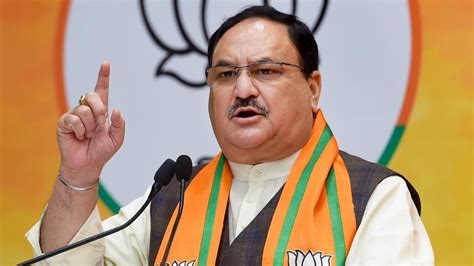A Quote by Jared Diamond
Twelve thousand years ago, everybody on earth was a hunter-gatherer; now almost all of us are farmers or else are fed by farmers. The spread of farming from those few sites of origin usually did not occur as a result of the hunter-gatherers' elsewhere adopting farming; hunter-gatherers tend to be conservative.... Instead, farming spread mainly through farmers' outbreeding hunters, developing more potent technology, and then killing the hunters or driving them off of all lands suitable for agriculture.
Quote Topics
Adopting
Agriculture
Almost
Almost All
Conservative
Developing
Did
Driving
Earth
Else
Elsewhere
Everybody
Farmers
Farming
Fed
Few
Hunter
Hunters
Instead
Killing
Lands
Mainly
More
Now
Occur
Off
Origin
Potent
Result
Sites
Spread
Suitable
Technology
Tend
Them
Then
Those
Thousand
Thousand Years
Through
Twelve
Us
Years
Years Ago
Related Quotes
An environmentalist can oppose factory farming because it's reckless stewardship. A conservative can oppose factory farming because it is destructive to small farmers and to the decent ethic of husbandry those farmers live by. A religious person can oppose factory farming because it is degrading to both man and animal - an offense to God.
You do need some dispensation for local farmers, because the fast food industry will promote the unsanitary conditions of farming. With vegetables, you have to be careful where they come from; you have to know the farmers and trust them. If you buy from the farmers' market, it's already been investigated.
For three million years we were hunter-gatherers, and it was through the evolutionary pressures of that way of life that a brain so adaptable and so creative eventually emerged. Today we stand with the brains of hunter-gatherers in our heads, looking out on a modern world made comfortable for some by the fruits of human inventiveness, and made miserable for others by the scandal of deprivation in the midst of plenty.
A decade ago, critics suggested biotech crops would not be valuable in the developing world. Now 90 percent of farmers who benefit are resource-poor farmers in developing countries. These helped alleviate 7.7 million subsistence farmers in China, India, South Africa, the Philippines from abject poverty.
You can't drive through Iowa and not think about farming: No less than 85 percent of the land in the state is devoted to farms, many of them more than 1,000 acres. This is the place where seeds are sown. It's where farmers grow the corn that will be fed to pigs as grain or fed to you as syrup or fermented to ethanol for your gas tank.
Most people no longer believe that buying sneakers made in Asian sweatshops is a kindness to those child laborers. Farming is similar. In every country on earth, the most human scenario for farmers is likely to be feeding those who live nearby-if international markets would allow them to do it. Food transport has become a bizarre and profitable economic equation that's no longer really about feeding anyone ... If you care about farmers, let the potatoes stay home.


































